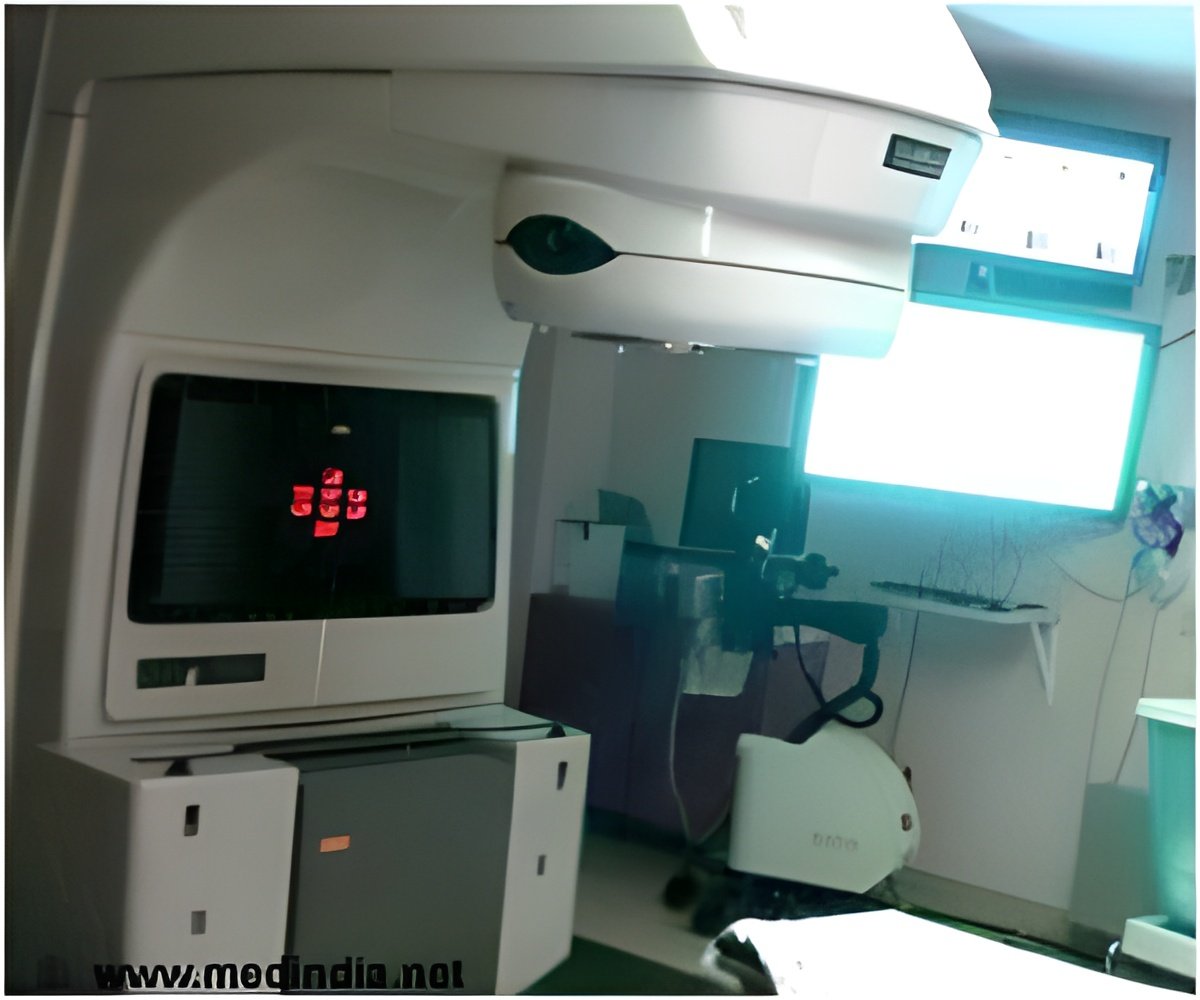
"Determining the right drug combination for an advanced cancer patient is alarmingly difficult, requiring a complex analysis of different sources of Big Data that integrates rapidly emerging clinical trial information with personalized gene sequencing," said Norman Sharpless, of the University of North Carolina’s Lineberger Comprehensive Cancer Center.
"We are partnering with IBM in an effort to solve this decision problem with the help of cognitive technology and to improve the decisions we make with our patients to maximize their chance for cure."
According to IBM, Watson helps cut the time needed to analyze the best treatment options for cancer patients. By analyzing the patient’s genetic makeup, and correlating that to research on other patients, a targeted treatment can be offered.
"We take a piece of their tumor and sequence it," Sharpless said. "That’s where we see Watson helping."
IBM began applying Watson to cancer treatment in 2013 and last year moved into "genomic medicine" with New York Genome Center to (NYGC) for genetic-based treatments for brain cancer.
Advertisement
Cancer centers joining the partnership, in addition to the North Carolina one, include Ann & Robert H Lurie Children’s Hospital of Chicago, BC Cancer Agency, City of Hope, Cleveland Clinic, Duke Cancer Institute, Fred & Pamela Buffett Cancer Center, McDonnell Genome Institute at Washington University in St Louis, New York Genome Center, Sanford Health, University of Kansas Cancer Center, University of Southern California Center for Applied Molecular Medicine, University of Washington Medical Center, and Yale Cancer Center.
Advertisement















